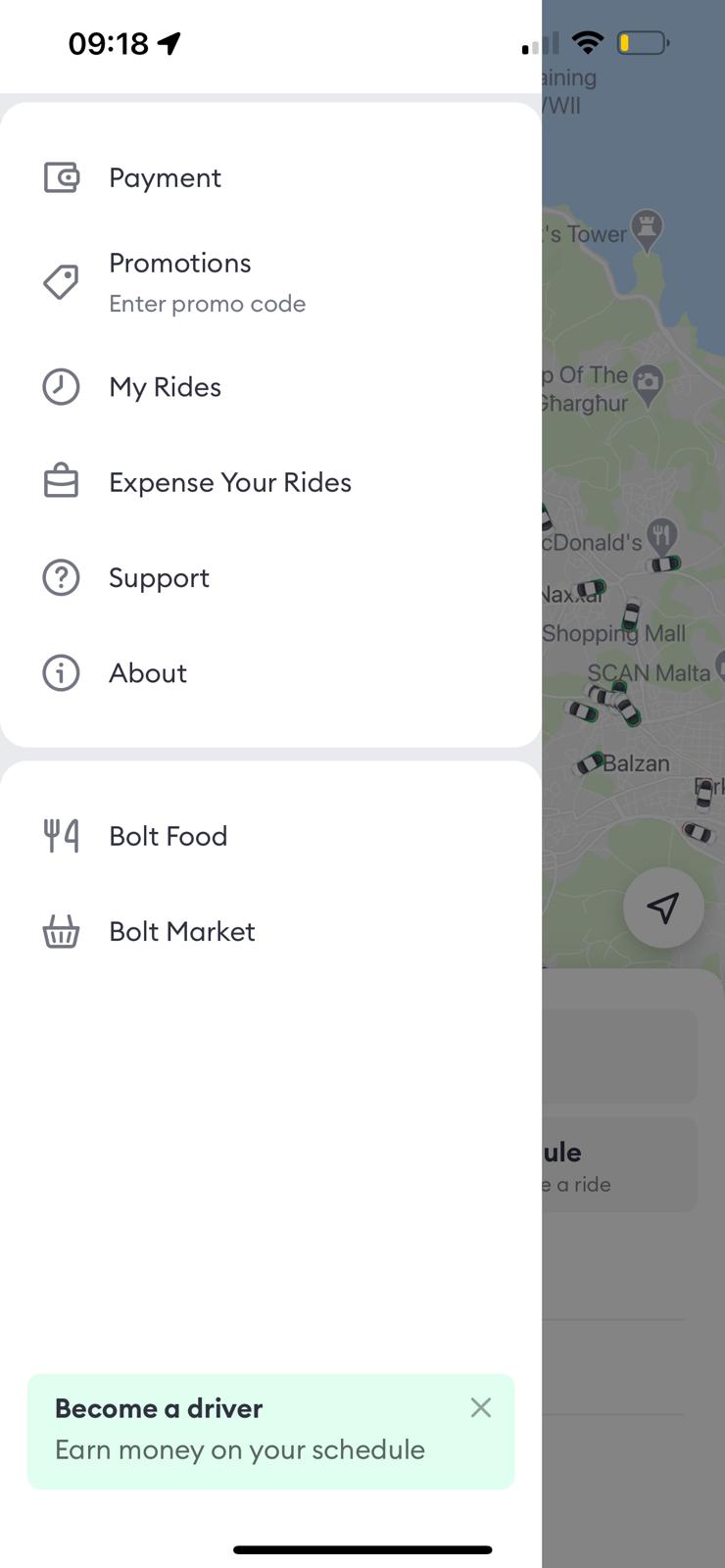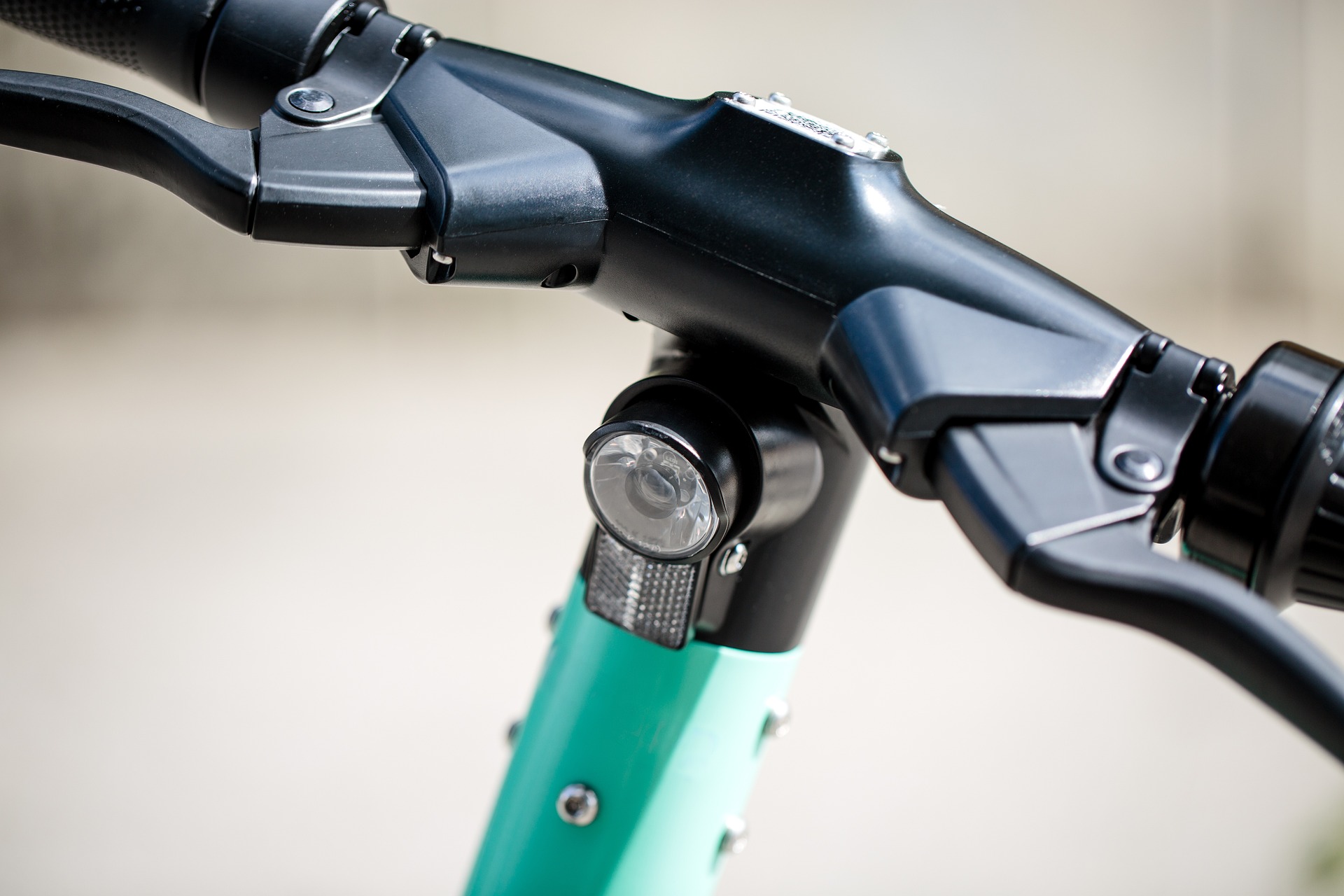On Friday 1st March, rental e-kick scooters have been given the boot with the ban having come into effect from today.
Although e-kick scooters were convenient to some, many saw them as a menace. Left scattered on the pavement, parked in inconvenient spaces and used irresponsibly, social media had become awash with complaints about the mode of transport.
Speaking on the matter, recently appointed Minister for Transport Chris Bonett remarked that the Government “had observed a lack of respect, excessive speeding, riding on pavements, and haphazard parking of scooters.”
He had said that the rental scooters were “endangering people’s lives.”
The ban was originally announced by former Minister for Transport Aaron Farrugia in October, which at the time, came as a surprise to many.

Soon after the cabinet reshuffle and the appointment of Dr Bonett, Bolt and Bird, companies supplying these scooters, pleaded for reconsideration.
Nonetheless, Minister Bonett had confirmed in writing, when answering a Parliamentary question, that the rental of kick scooters will not be permitted after the end of March 2024.
Despite so, the Ministry now confirmed that the ban has remained as originally scheduled for 1st March.
Minister Bonett had said that the goal behind the introduction of the e-kick scooters was to provide an alternative mode of transport. “But instead of replacing cars, the scooters ended up replacing walking,” he added.
Cool, GoTo Malta and Nextbike – the ghosts of alternative transport in Malta
But with one less alternative form of transport available on the road, what options do locals and tourists have?
With traffic being a constant battle, especially during rush hours, many attempt to secure different methods of transport that are viable and efficient.
Now that e-kick scooter rentals have been shelved, people can either:
- Buy their own scooter
- Walk
- Use bicycles
- Use public transport – Ferries and Tal-linja
- Use personal vehicles: Cars and motorcycles
- Carpool with friends and family
- Use taxis
Whilst some flagged issues with walking and the use of bicycles because of Malta’s heat and inadequate pavements and bicycle lanes, others highlighted issues with the public transport’s inefficiency.
Therefore, for many, owning a personal vehicle is their most viable option.
Long before the ban, other companies had tried tackling commuting and traffic issues by injecting new ideas on the island, to no avail.
For instance, ridesharing company COOL was set up in Malta in 2019. The concept – the first of its kind in Malta – offered the possibility of carpooling with strangers by booking a cab through their own app.
It was not meant to be. The company ceased all operations on 27th January 2023 blaming a lack of Government incentives to promote mobility shift on the islands.
The ride-share brand was owned by Debono Group, which was also a minority shareholder of GoTo Malta.
GoToMalta was an electric vehicle sharing service that ceased operations at the end of September 2022, which allowed users to rent a vehicle per journey. The company was introduced to the islands in 2018.
Its cars and mopeds could be picked up and booked without prior reservation from a parking spot, be used and left in reserved parking spots across Malta and Gozo.
Times of Malta had reported that the company ceased operations after a lack of user uptake and the hit of the pandemic, making it “financially unsustainable.”
The report stated that while one shareholder, Anton Tabone, was willing to remain on board, all other shareholders including the Debono Group, Michael Galea and GoTo Global Mobility, took the decision to withdraw support.
Additionally, the announcement was preceded by a serious accident involving an underage driver and three passengers, one of which tragically passed away.
Only a few months later Bike sharing company Nextbike also announced that it will stop operations in Malta.
Although founded in 2004, the company launched in Malta in 2016 with Nextbike Malta Limited being set up as its Malta subsidiary in the process.
The user-experience was similar to other concepts by allowing users to rent a bike short-term through its app.
However, due to the “emergence of alternative micro-mobility systems, ride-hailing services, and free public transportation Nextbike endured fierce competition in recent years.”
Additionally, it had explained that it also suffered from a drop in demand as existing and future riders were reluctant to use the service due to a lack of sustainable urban bicycle infrastructure and a general decline in road safety.
“Regular theft and vandalism, in addition to two years of COVID-19, have also had a terrible effect on the company’s income,” Nextbike commented at the time.
MFSA flags ‘misalignment’ between objectives and public expectations of green loans
Green investment is nonetheless expected to balloon over the coming years
Super rare Ferrari Daytona SP3 spotted cruising along Malta’s roads
The car is currently being traded for a whopping €4 million
Mandatory skills pass for Maltese and EU nationals deferred for a year
The skills pass remains obligatory for third country nationals






